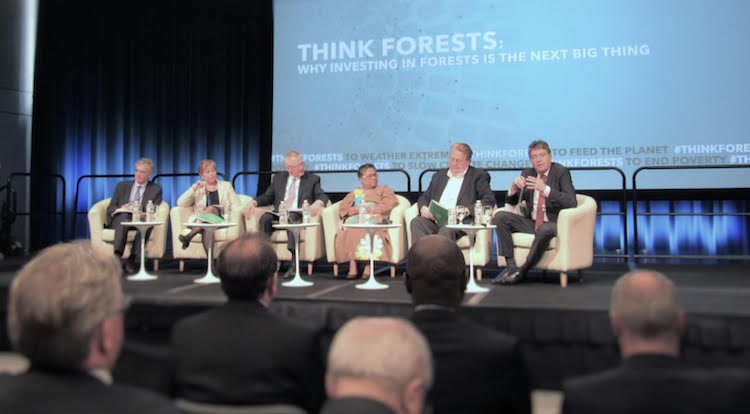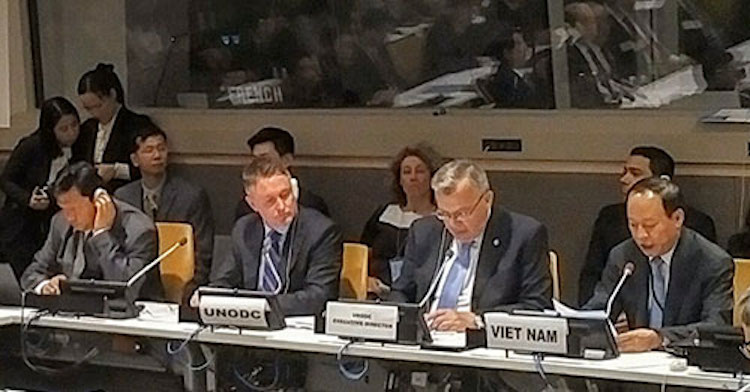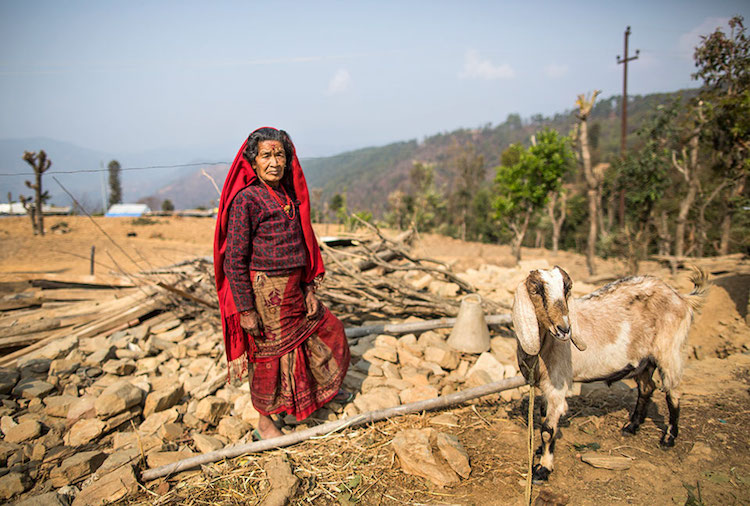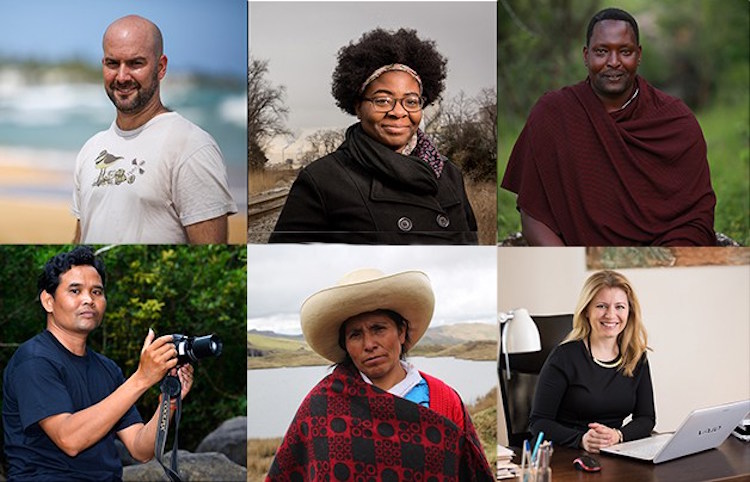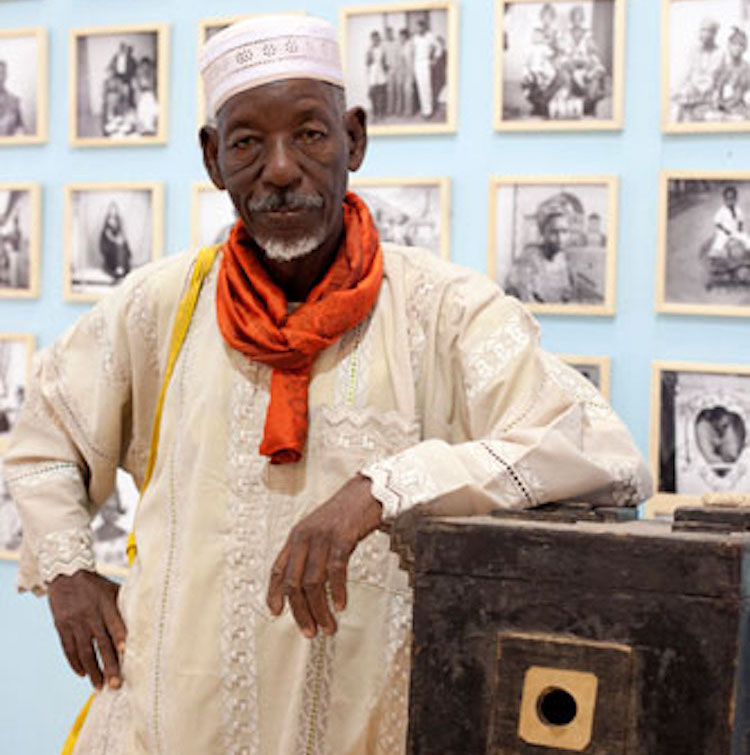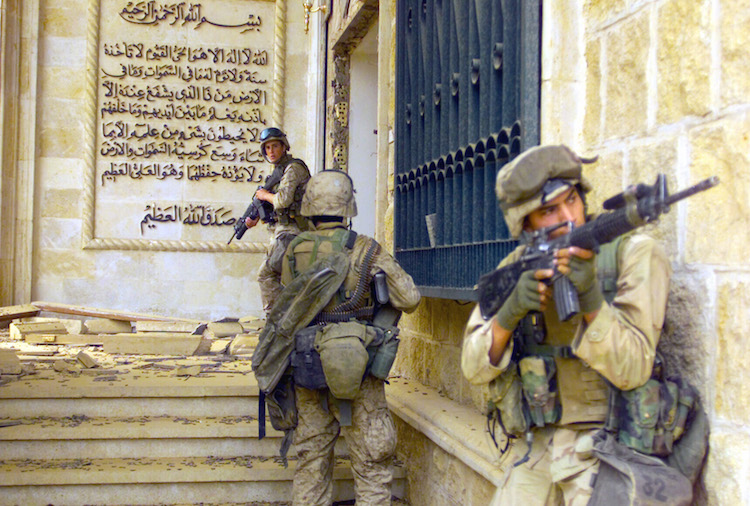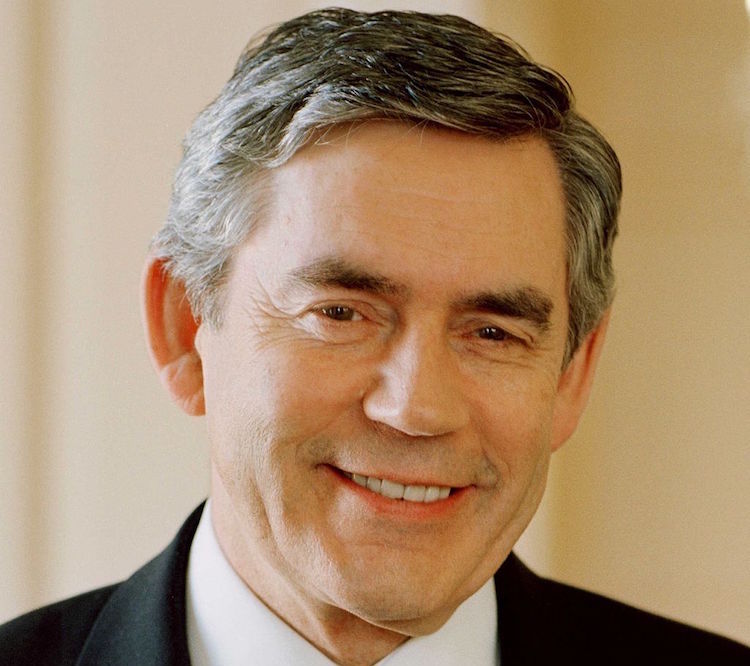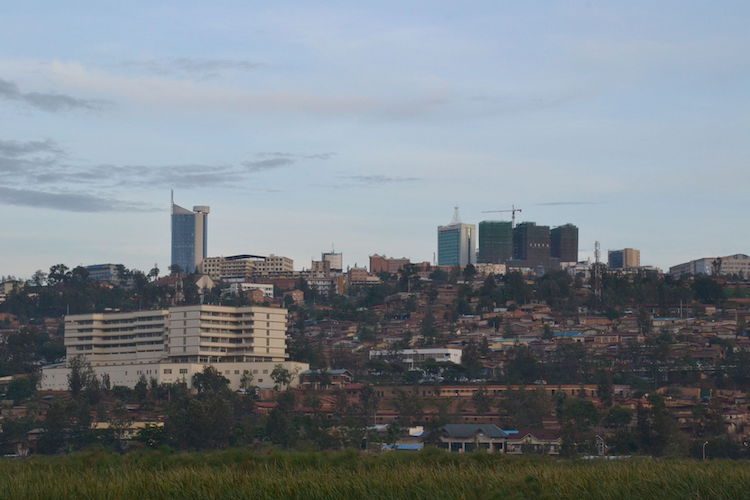Analysis by Fabíola Ortiz
WASHINGTON, D.C. (IDN) – Investing in forests has become the next big thing as an essential segment of the development solution, whether for meeting climate goals, coping with extreme weather, boosting livelihoods, greening supply chains or carbon sinking. However, the world has lost 50 soccer fields of forests every minute, every day, over the last twenty years.
“This is a great tragedy,” says Andrew Steer, President and CEO of the World Resources Institute (WRI), a global research organization that works in more than 50 countries. Managing forests has been difficult, he adds. Around one fifth of the global population (1.3 billion people) relies on forests for livelihoods.
According to the World Bank, about 350 million people live within or close to dense forests depending directly on them for their subsistence. And of those, nearly 60 million people – especially indigenous communities – are completely dependent on forests.

